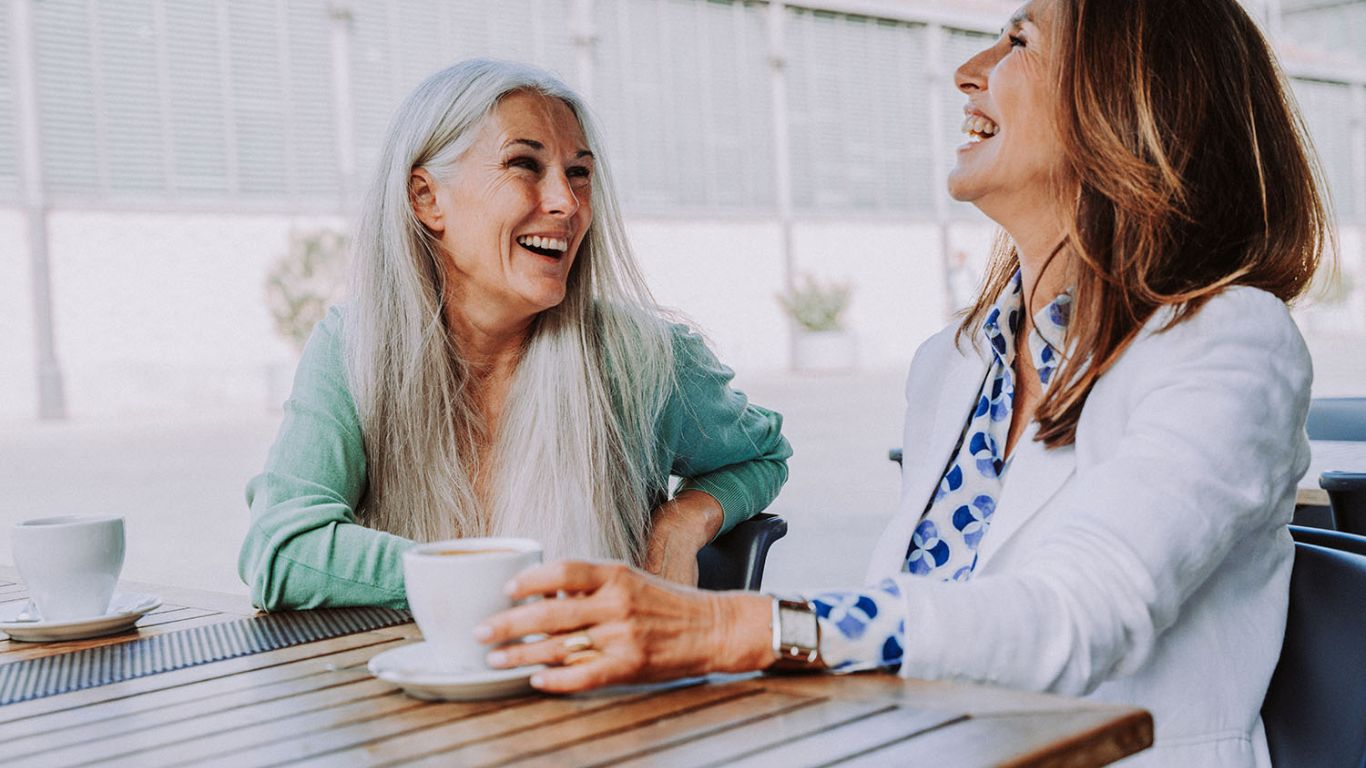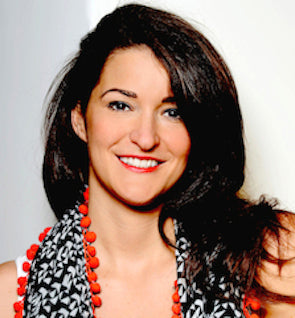How to stay healthy this Autumn
21st September 2018 / Health
How to stay healthy this Autumn
Laura Tilt

As we wave goodbye to summer it’s not just a change in wardrobe that’s required – we also need to take steps to support our wellbeing over the colder months. Here’s how….
Workout in the AM, and dim the lights at night
As the seasons change so do the number of daylight hours. Daylight is a powerful regulator of your circadian rhythm – the internal body clock that controls your sleep-wake cycle and mood. As daylight hours reduce, this internal body clock can become confused, resulting in low mood and disrupted sleep.
One way to ‘retune’ your body clock is to prioritise daylight in the morning (between 8am and 12). Studies show this simple habit shift can benefit mood, energy and sleep quality. It’s also been linked with lower levels of body fat.
If you exercise in the evening, try switching your workout to the morning, or set your alarm 30-minutes earlier and opt for a brisk walk in the early morning light. If you’re short on time, consider walking part of the way to work.
Equally as important is the amount of artificial light you’re exposed to at the end of the day – sitting in an artificially lit room can suppress your body’s production of the sleep hormone melatonin, making it harder to drift off. Get into the habit of dimming the lights an hour or two before bed – or make like the Danes and up the cozy factor with candles. As well as giving you time to wind-down, this will signal to your body that its time for sleep.
Dose with vitamin D
During the summer months our bodies use sunlight to make vitamin D, a hormone that keeps bones healthy and supports immune function. However, from October to April, the sun’s rays aren’t strong enough for us to make the sunshine vitamin, which means vitamin D drop during the winter months.
Some scientists think this is why the levels of cold and flu are higher during winter. There’s also evidence that a lack of vitamin D may lead to low mood and depression, and could play a role in seasonal affective disorder –nicknamed the winter blues. This makes taking care of your vitamin D levels during the cold months a priority.
Although it’s true that we can get some vitamin D from certain foods (like oily fish and eggs), they don’t contain enough for us to meet the recommended levels (10 micrograms a day). This means a supplement is the best way to meet your vitamin D needs during the cold months.
Bolster your diet with immune-boosting foods
According to scientists, each of us will suffer an average of 2-5 colds a year. Although there’s no single food that can prevent a cold or flu, eating plenty of immune-supporting nutrients will give your body’s natural defences a helping hand.
Pack your diet with brightly coloured fruit and vegetables like butternut squash, tomatoes, peppers, spinach and oranges – they’re rich in vitamins A and C, which support immune function. Aim for a minimum of five servings of fruits and veggies day, with a range of colours. Oats are also helpful, as they contain a type of fibre known as beta-glucan, which activates the body’s natural killer cells.
If you do get bunged up with a cold, try and include spicy foods like chilli and horseradish work – they work in a similar way to medicines that ease congestion by switching on the release of fluids that help to ease mucus. A bowl of homemade chicken soup is also a good move for cold sufferers - researchers from Nebraska Medical Center found it helped slow the movement of white cells, easing inflammation and congestion.
Shop immune boosting supplements now:
From The Blog
-

25th February 2025 / Health
Empowering Women’s Health: Key Supplements for Well-being
Women’s health is a lifelong journey, with each stage presenting unique nutritional and wellness needs. From maintaining energy levels to supporting hormonal balance and bone health, the right comb...
Read article -

17th February 2025 / Health
Empowering Women’s Health: Lifestyle Tips and a Key Supplement for Perimenopause and Menopause
NaomiWomen’s health evolves through various life stages, and the transition into perimenopause and menopause brings unique challenges. During these phases, hormonal fluctuations can lead to symptom...
Read article -

10th February 2025 / Health / Products
The Best Foods and Drinks to Help Your Body Recover from Burnout
Burnout is a growing issue in today’s fast-paced work culture, leaving many people feeling exhausted, overwhelmed, and depleted. While rest and self-care are essential, nutrition plays a crucial ro...
Read article




